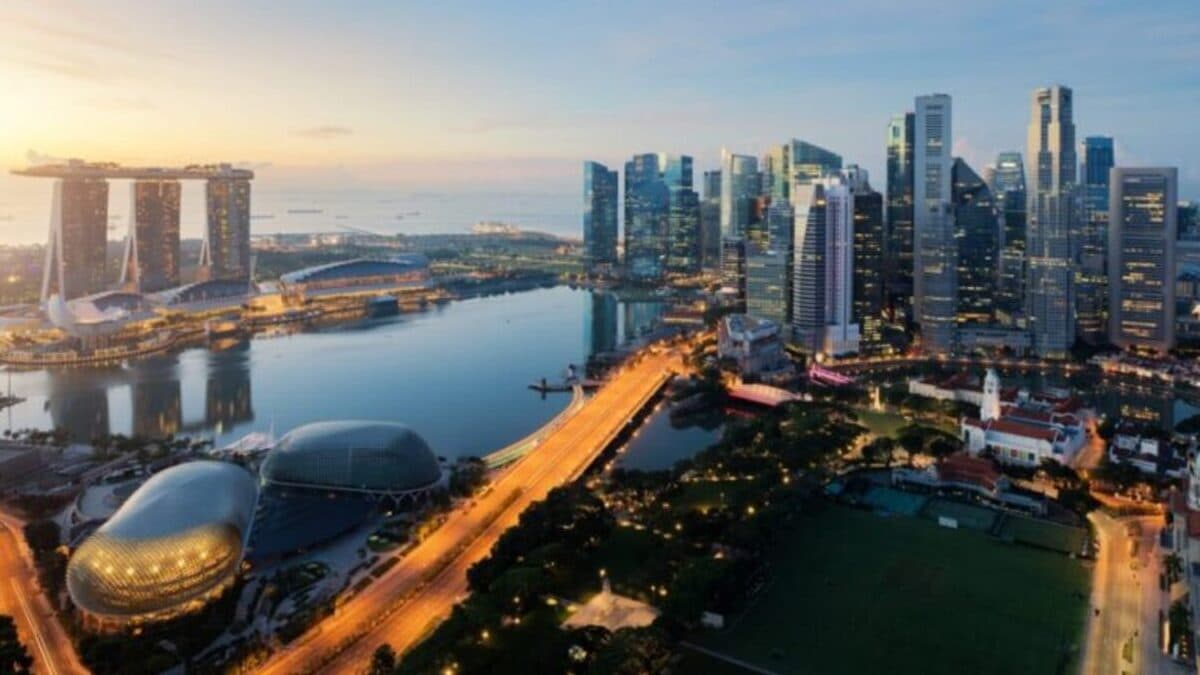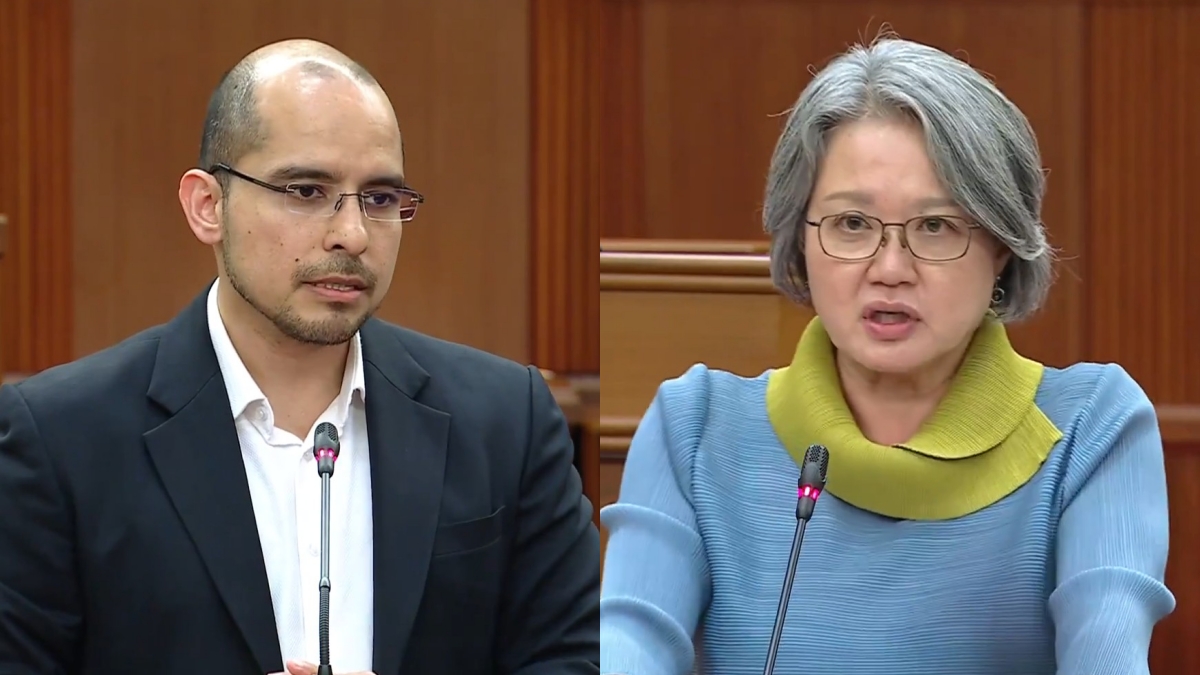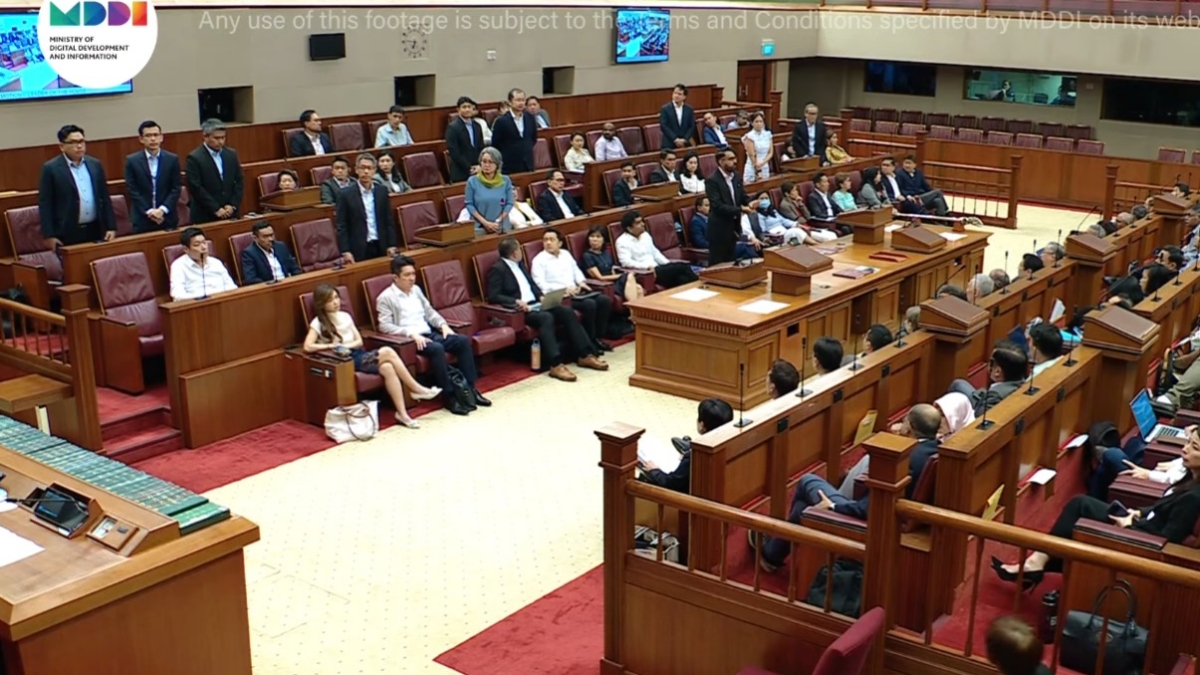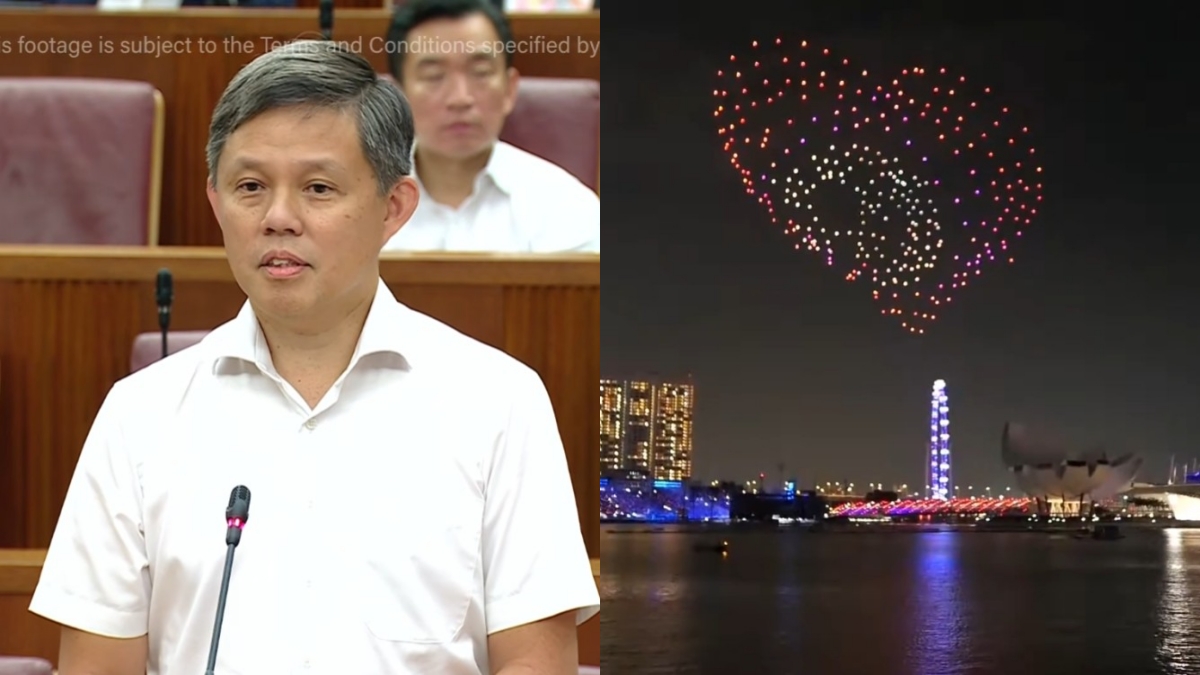Singapore to adapt frameworks to tackle risks from agentic AI with autonomous capabilities
Singapore is strengthening regulatory and governance frameworks to manage emerging risks posed by agentic AI, which can act autonomously and adapt unpredictably, according to a parliamentary reply by Minister Josephine Teo.

- Minister Josephine Teo affirms that existing laws and frameworks already address many AI risks, including those from agentic systems.
- The Government is reviewing and adapting regulations to better account for AI systems capable of autonomous and emergent behaviours.
- Controlled trials are being conducted within the public sector to understand responsible deployment of agentic AI.
In response to a parliamentary question on 14 October 2025, Minister for Digital Development and Information Josephine Teo outlined the Government’s approach to managing risks associated with agentic artificial intelligence (AI) systems, which are capable of autonomous decision-making and emergent behaviours.
The question, posed by Workers’ Party Non-Constituency Member of Parliament Low Wu Yang Andre, sought clarity on specific regulatory plans for such high-risk AI systems.
He also asked whether the Government intends to introduce legislative tools to govern both AI actions and the content generated by these systems.
Minister Teo explained that Singapore’s current AI governance strategy is grounded in human and organisational accountability. While agentic AI poses novel risks, many of its challenges are viewed as extensions of existing issues in AI governance. These include concerns such as algorithmic bias, explainability, transparency, and fairness.
She said: “The Government’s Model AI Governance Framework sets out guidelines for AI systems to be explainable, transparent, and fair. Organisations deploying AI should establish clear governance structures with designated oversight roles.”
Existing legal and sectoral safeguards
Minister Teo noted that broad legislation already governs several categories of AI risk, including the Personal Data Protection Act, the Workplace Fairness Act, and the Broadcasting Act.
She highlighted additional laws and frameworks tailored to specific areas, such as healthcare, finance, and legal services.
Furthermore, targeted laws such as the Elections (Integrity of Online Advertising) (Amendment) Act and the forthcoming Online Safety (Relief and Accountability) Bill address emerging digital risks, including those related to AI-generated content and online harms.
Two-pronged strategy for agentic AI
Teo elaborated that Singapore is pursuing a two-pronged approach to govern agentic AI, which she described as systems that can “execute actions, interact with external systems, and adapt their behaviour with reduced human oversight.”
First, she emphasised continuity and adaptation within existing frameworks:
“We are reviewing how to adapt and strengthen these frameworks and systems to account for the increased autonomy of agentic systems, while monitoring international developments in this emerging field.”
She reaffirmed that principles such as maintaining human accountability and establishing clear oversight structures remain central. These principles, she said, would continue to guide how agentic AI is governed, even as the technology evolves.
Second, Teo announced that the Government is building new capabilities and trial mechanisms to stay ahead of the technological curve. For example, GovTech is already experimenting with agentic AI systems in public sector use cases.
“We are doing this with care,” said Teo, noting that these controlled trials aim to “deepen our understanding of how to interact with these systems, build confidence, and harness their value for the public good.”
She reiterated that Singapore’s long-standing focus on data protection, cybersecurity, and resilience continues to play a critical role in managing risks posed by AI systems with greater autonomy.
As part of ongoing regulatory evolution, the Government will consider legislative empowerment as needed, ensuring it remains responsive to both technological advancements and public safety concerns.







